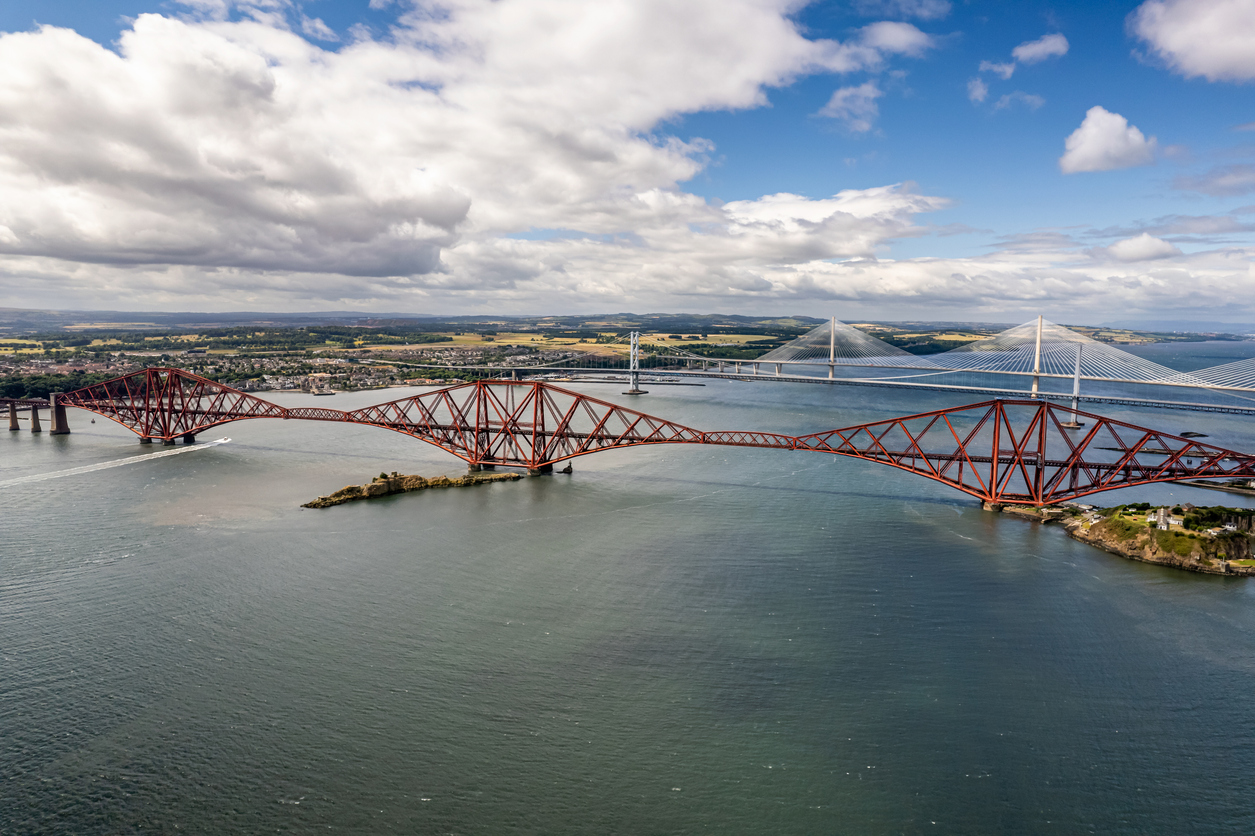The first two freeports in Scotland were announced in January this year – one in Inverness and the Cromarty Firth, and one in the Firth of Forth.
These ‘green freeports’ are the result of a joint project by the UK and Scottish governments, but they have led to some controversy among campaigners who fear environmental and employment protections in Scotland may be undermined.
One claim, which received hundreds of shares on social media, was by the leader of the Independence for Scotland (ISP) party, Colette Walker, who suggested that fracking would be possible within the freeports despite the Scottish Government’s existing moratorium.
Scotgov moratorium will not apply within the freeport as freeports are not bound by Scots laws and policies.
Collette Walker, ISP leader
Ferret Fact Service looked at this claim and found it Unsupported.
Evidence
What are freeports?
Freeports are areas that aim to increase trade and other economic activity near shipping ports or airports.
Governments hope to enable this through incentives like seed funding, trade tax (tariffs) exemptions, lower property taxes, and looser planning restrictions.
Freeports are not a particularly new idea. There are a number of similar schemes across Europe, and freeports were set up in the UK in the 1980s including at Glasgow Prestwick airport. These were ended after David Cameron chose not to renew their licences in 2012.
The freeport idea was revived after the Brexit referendum, and the first operational area was Teesside in 2021.
How are they different in Scotland?
In January 2023, Cromarty Firth and the Forth were chosen as the first “green freeports” in Scotland.
Green freeports are the name given to freeports in Scotland, after the Scottish Government pushed back on some of the aspects of freeport policy from the UK Government, namely over wages and commitment to decarbonisation.
The Scottish Government had initially aimed to create its own “greenports”, which would have required businesses to sign up to provide the living wage and commit to government targets on greenhouse gas emissions.
However, this was rejected by the UK Government, and the Scottish Government was unable to proceed with its own plans as powers to exempt goods from tariffs are reserved to Westminster.
What has resulted are so-called ‘green freeports’. The Scottish and UK governments will have equal say over whether a candidate area gets accepted, and the agreement between them states that applicants in Scotland will be “required to set out how they intend to contribute a just transition to net zero emissions by 2045, including how they can facilitate the decarbonisation of beneficiary organisations”.
Freeports have been criticised as ineffective, and for their potential to reduce safeguards for workers and the environment within their borders. Internationally, freeports have been linked to fraud and organised crime.
The co-operation agreement between the SNP and Scottish Greens excluded freeports, with the party’s finance spokesperson Ross Greer calling them “mini tax havens where big corporations can get off the hook from paying their fair share”.
Will fracking be allowed in Scottish freeports?
The claim, by Independence for Scotland party leader Colette Walker, was that within the freeport areas the Scottish Government’s fracking moratorium would not apply, because the freeports are not bound by Scottish laws and policies.
This is not accurate. Devolved areas of Scottish policy would still apply within the freeport areas, although the Scottish Government has agreed to largely mirror the policies of UK freeports.
A moratorium was placed on the granting of hydraulic fracturing, better known as fracking, licences by the Scottish Government in 2019. This means the government will not support any “unconventional oil and gas”, which includes fracking.
The Scottish Government told Ferret Fact Service that fracking policy would not be changed in the green freeports, and that no unconventional oil and gas activity, including fracking, would take place in freeport areas.
While parts of the planning process will be “streamlined” within freeports to stimulate investment, for fracking to take place it still needs to be licenced by the government, and it confirmed to Ferret Fact Service that it does not intend to grant any licences.
This policy is confirmed in the National Planning Framework 4, which sets out the government’s planning policy priorities.
“The Scottish Government does not support the development of unconventional oil and gas in Scotland,” it says.
“This means development connected to the onshore exploration, appraisal or production of coal bed methane or shale oil or shale gas, using unconventional oil and gas extraction techniques, including hydraulic fracturing and dewatering for coal bed methane.”
Ferret Fact Service verdict: Unsupported
Freeports in Scotland will be similar to those in England, with incentives for businesses such as tariff exemptions and funding. The Scottish and UK governments will have equal say in selecting which applications to become a freeport are accepted, and the Scottish Government has stated its policy of not giving licences for fracking will continue to be in place in Scottish freeport areas.

Ferret Fact Service (FFS) is a non-partisan fact checker, and signatory to the International Fact-Checking Network fact-checkers’ code of principles.
All the sources used in our checks are publicly available and the FFS fact-checking methodology can be viewed here.
Want to suggest a fact check?
Email us at factcheck@theferret.scot or join our Facebook group.
Photo credit: iStock/yujie chen














